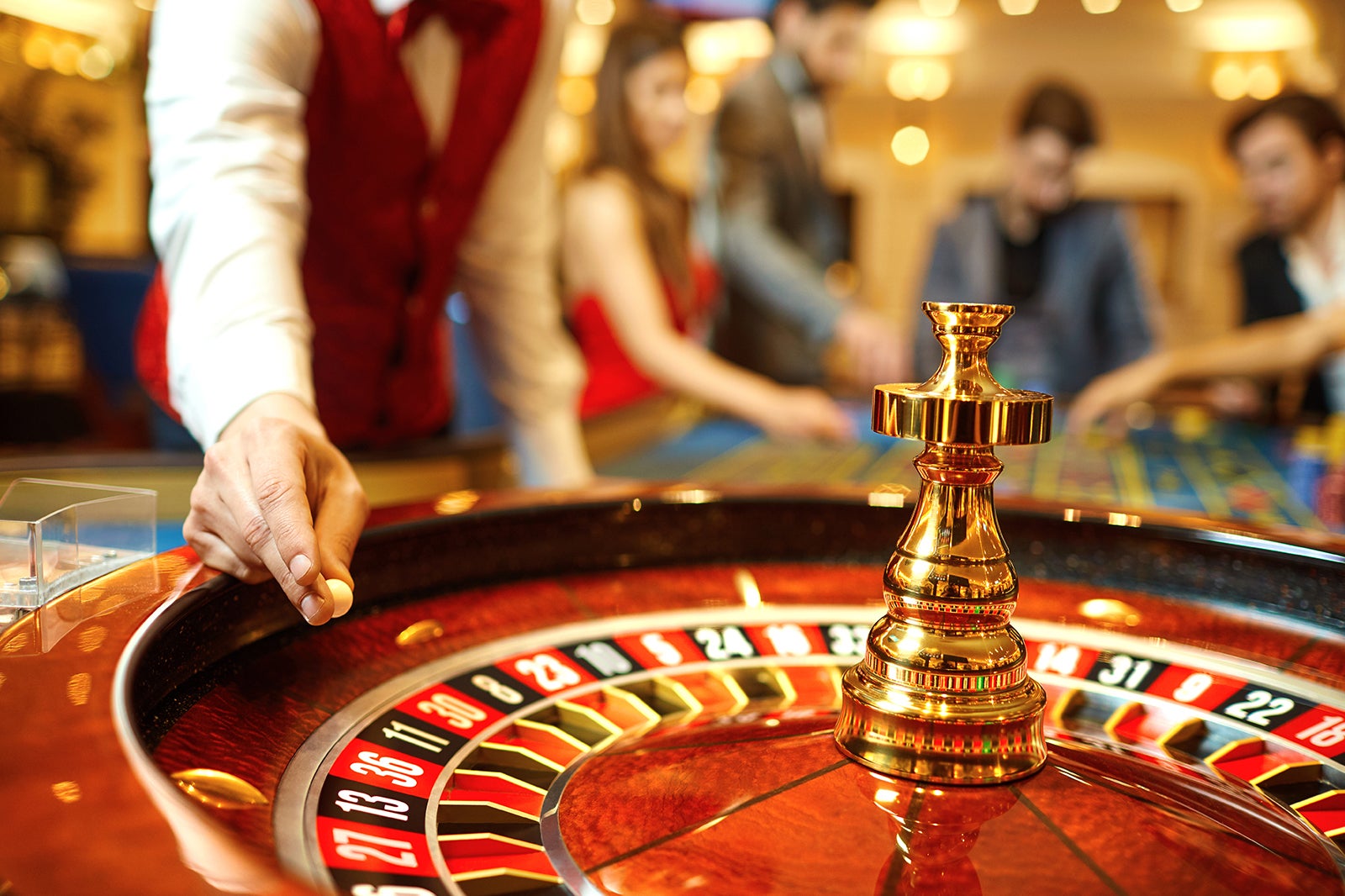
Casino experiences have long captured the fascination of humans around the world, becoming an essential part of both leisure and culture. From the shimmering lights of the Vegas Strip to the engaging experience of online gaming, these experiences evoke excitement, risk, and sometimes even a sense of nostalgia. They are not just just hobbies; they have woven themselves into the tapestry of society, influencing everything from film and songs to clothing and books.
The appeal of casino games surpasses the gambling aspect, tapping into broader themes of serendipity, chance, and psychology. As players convene around a gaming table or turn the roulette, they engage in an ancient ritual that echoes with our shared desire for adventure and instability. This fascination has led to the rise of many references in movies, songs, and electronic games, showcasing how strongly entrenched these activities are in mainstream culture. Whether it is the intense drama of a traditional caper or the colorful nightlife portrayed in music videos, casino games have created a substantial place that reflects our relationship with risk.
Historical Importance of Casino Activities
Casino games have played a key role in social contexts throughout the ages. Stemming from ancient civilizations, games of chance were often linked to rituals or events. For instance, early forms of gambling can be traced back to ancient Chinese and the Roman Empire, where die games and wagering on outcomes were common pastimes. These games not only functioned as leisure but also as methods of social interaction, facilitating connections among people within communities.
As societies evolved, so did the sophistication and organization of gambling games. The creation of official casinos in the 17th century, particularly in the Italian region, marked a notable shift in how games were viewed and structured. With specific spaces for gaming, the casino became a community center where patrons from various backgrounds convened. This change contributed to the validation of the industry, transforming it from a mere pastime into an organized industry that shaped economy and regulations.
The effect of gambling games on mainstream culture cannot be understated. As they were popularized in literature and movies, games such as Texas Hold’em and blackjack became symbols of risk, luck, and strategy. Iconic characters and stories have emerged around these activities, reflecting societal views towards fortune, wealth, and immorality. This interest with casino games has infiltrated various forms of media, solidifying their status in the collective consciousness and linking them to broader cultural narratives throughout history.
Representation of Casino Games in Entertainment
Casino activities have long been a popular topic in various forms of media, reflecting both the fascination and nuances of gambling culture. Movies such as Ocean’s Eleven and Casino Royal portray individuals who navigate intense situations, showcasing not only the attractiveness of the gambling environment but also the tactics and judgments that come with playing popular games like Texas Hold’em and 21. These movies often dramatize the exhilaration of winning and the potential results of losing, encapsulating the perils involved in gambling.
Television shows have also explored the realm of gambling activities, often integrating them into the plot as a backdrop for character development and drama. Series like Vegas depict the experiences of gambling employees and casino-goers, highlighting the vibrant, often disorderly energy of the casino floor. Docuseries featuring intense betting contests further emphasize the fascination of casino games, drawing viewers into the drama and strategy involved in each session. Through these depictions, media not only entertains but also prompts conversations about luck, skill, and the character of chance.
Gaming have increasingly integrated casino games into their design, allowing players to simulate the feeling of betting without monetary loss. Titles within the domain of online gaming often include online slot machines, poker, and other casino favorites, creating an immersive gameplay that mirrors actual casino experiences. These virtual portrayals make gambling activities accessible to a global audience, appealing to both gamblers and those who enjoy the excitement of simulation. As a result, the representation of casino games in media continues to shape societal views and cultural significance, highlighting their role in entertainment and social context.
Effect of Gambling Activities on Society
Gambling activities have a significant impact on communities, affecting various aspects of societal norms and social behavior. They often function as a venue for social interaction, where people gather to experience a shared activity. Game nights with friends or visits to casinos become social activities that build connections and create memories. This collective aspect enhances the fun value of casino games, making them a popular choice for celebrations and leisure activities. https://789winn.io/
Moreover, casino games have been portrayed in numerous films, TV series, and written works, shaping perceptions and attitudes towards gaming and betting. Icons like James Bond playing baccarat or the high-stakes poker scenes in films have embedded these games in the shared imagination. This representation often idealizes the lifestyle associated with gambling, attracting new players and impacting trends in both fashion and conduct. These representations can ignite curiosity and lead to a deeper investigation of the intricacies of gaming.
However, there are also adverse consequences linked to the widespread appeal of gambling activities. The allure of quick monetary gain can lead to problem gambling and financial troubles for some people. Society must grapple with these consequences, promoting responsible gambling and awareness of the dangers involved. Finding a balance between the fun aspect of gambling activities with the risks is vital to ensure that they continue to be a positive aspect of our cultural landscape.